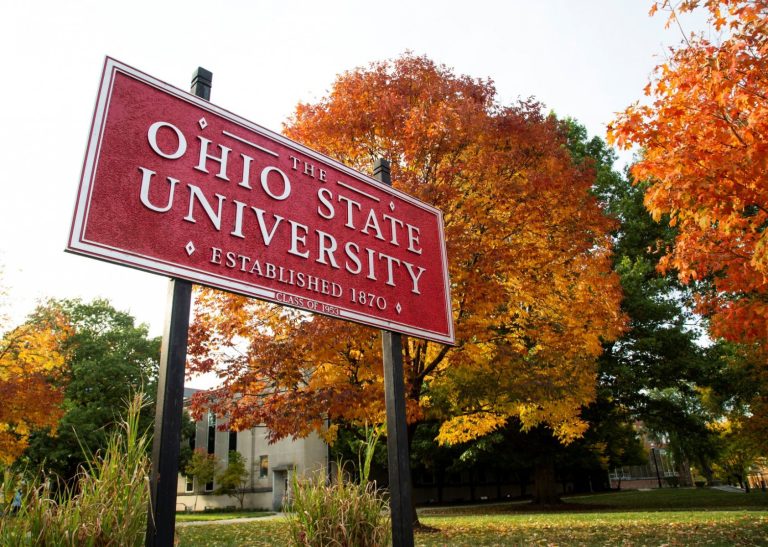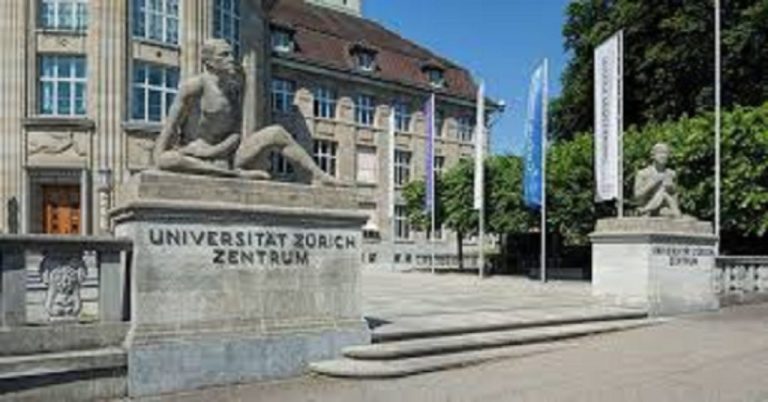
Reference number PAR 2024/1111
The University of Gothenburg tackles society’s challenges with diverse knowledge. 56 000 students and 6 600 employees make the university a large and inspiring place to work and study. Strong research and attractive study programmes attract researchers and students from around the world. With new knowledge and new perspectives, the University contributes to a better future.
General information about being a doctoral student at the University of Gothenburg can be found on the university’s doctoral student pages.
The Department of Sociology and Work Science has about 120 employed, teachers, researchers, PhD-students and administrative staff. The Department carries out research, education and collaboration in a number of areas. There is research in areas like labor market, working life, social deviation, digitalization, emotions, gender, migration, environmental issues, social movements, governance and organization, science and technology as well as welfare. Courses are offered in a range of fields such as sociology, work science, human resource management, criminology and social psychology. The Department also has extensive commitment to several of the University’s educational programs, particularly in teacher education. Collaboration and development projects are conducted both in research and education with partners in the private and public sector for example the Centre for Global Human Resource Management (CGHRM).
Work science is an interdisciplinary subject that seeks to understand and explain conditions in working life and the importance of work in people’s lives. At the Department of Sociology and Work Science in Gothenburg, the main focus is social science perspectives on work. This means that occupational sociology, occupational psychology and occupational health science are the most prominent along with other work science perspectives. Central research and teaching areas are work environment and work organization, design and development of the labor market, human resource management, conflicts in working life, leadership and organization, and the relationship between work, private life and identity.
Duties
The aim of the doctoral studentship is for the doctoral student to acquire the knowledge and skills necessary to be able to conduct research autonomously within sociology and to contribute to the development of knowledge within the discipline through the production of a scholarly thesis. Another aim for the doctoral student is to develop an ability to apply the acquired knowledge and skills within post-degree research or other professional work.
Education at third-cycle level comprises four years of full-time study, and leads to a doctoral degree.
As part of your employment as a doctoral student, you may have departmental duties corresponding to up to 20 % of full-time employment, distributed throughout your study period. Departmental duties usually consist of teaching at first- and second-cycle levels, but may also include research and administration.
Doctoral studies at the Department of Sociology and Work Science requires physical presence to conduct the studies. If the admitted applicant needs a residence permit for researcher to pursue studies in Sweden, the Department of Sociology and Work Science has the right to revoke the admission decision if the applicant cannot present a valid residence permit no later than at the start of the studies.
Eligibility
Education at third-cycle level requires general eligibility and, where appropriate, specific eligibility as set out in the general syllabus for the subject.
The general eligibility requirements for education at third-cycle level are:
- having completed a degree at second-cycle level, or
- the fulfilment of course requirements totaling at least 240 credits, of which at least 60 credits must be at second-cycle level, or
- the acquisition of equivalent knowledge in some other way, either in Sweden or abroad.
Specific entry requirements for this subject, according to the general syllabus, are:
- a degree at the advanced level in work science or
- largely equivalent knowledge, acquired in Sweden or abroad, will also be considered to meet specific entry requirements.
Assessment criteria
The selection of applicants who meet the basic and specific eligibility requirements will be based on the ability to assimilate the education at third-cycle level.
In addition, the department’s competence and supervision resources within the doctoral student’s preliminary research focus are taken into account.
To this end, applicants must submit the following documents:
-Papers, degree projects and other relevant works (maximum two works), which will be assessed on in terms of ability to formulate scientific problem and purpose, previous research and choice of theoretical perspectives, methodology and implementation, theory integration in the analysis, interpretation and conclusions as well as academic and linguistic presentation. In the case of co-authored texts, an account of the division of labor must be provided.
-A project draft, maximum 2000 words, stating the applicant’s research interest and planned focus area of their doctoral thesis. The project draft will be assessed on scientific relevance, ability to formulate scientific problems, demonstrated familiarity with previous and current research as well as feasibility within the framework of the PhD-education.
As postgraduate studies in sociology are very demanding, the applicant must be strongly motivated and have the ability to work independently within given time frames. Good co-operation and communication skills are also a requirement, as well as good knowledge of English in both speech and writing.
Letters of recommendation are not taken into account, but references to, for example, previous tutors or employers can advantageously be stated in the application.
Employment
Once you have been admitted for education at third-cycle level, you will be employed as a doctoral student at the University of Gothenburg.
The provisions for employment as a doctoral student can be found in ordinance SFS 1993:100.
Initial employment as a doctoral student may apply for a maximum of one year, and may be renewed by a maximum of two years at a time.
A doctoral student may be employed as a doctoral student for a maximum of eight years, but the total period of employment may not be longer than the equivalent of full-time education at third-cycle level for four years.
The position may include departmental duties corresponding up to 20% of a full-time post over the course of study. If such tasks are required, the duration of the appointment will be extended accordingly.
The position is expected to be filled in mid-September 2025. The position is until further notice located at the Department of Sociology and Work Science.
The University applies a local agreement on salaries for doctoral students.
Selection process
As part of the appointment procedure top-ranked candidates will be interviewed.
Contact information
For information on the education program/employment, please contact Bertil Rolandsson coordinator of third-cycle program, bertil.rolandsson@gu.se
For information on the application procedure/admittance process, please contact human resource administrator Emma Thelin, anna-karin.wiberg@gu.se, +46 31 786 5654
Unions
Union representatives at the University of Gothenburg can be found here:
https://www.gu.se/om-universitetet/jobba-hos-oss/hjalp-for-sokande
Application
You can apply to be admitted for education at third-cycle level via the University of Gothenburg’s recruitment portal.
It is your responsibility to ensure that the application is complete as per the vacancy notice, and that the University receives it by the final application deadline.
Applications must be received by: February 17, 2025
Information for International Applicants
Choosing a career in a foreign country is a big step. Thus, to give you a general idea of what we and Gothenburg have to offer in terms of benefits and life in general for you and your family/spouse/partner please visit:
https://www.gu.se/en/about-the-university/welcome-services
https://www.movetogothenburg.com/
The University works actively to achieve a working environment with equal conditions, and values the qualities that diversity brings to its operations.
Salaries are set individually at the University.
In accordance with the National Archives of Sweden’s regulations, the University must archive application documents for two years after the appointment is filled. If you request that your documents are returned, they will be returned to you once the two years have passed. Otherwise, they will be destroyed.
In connection to this recruitment, we have already decided which recruitment channels we should use. We therefore decline further contact with vendors, recruitment and staffing companies.
Apply



